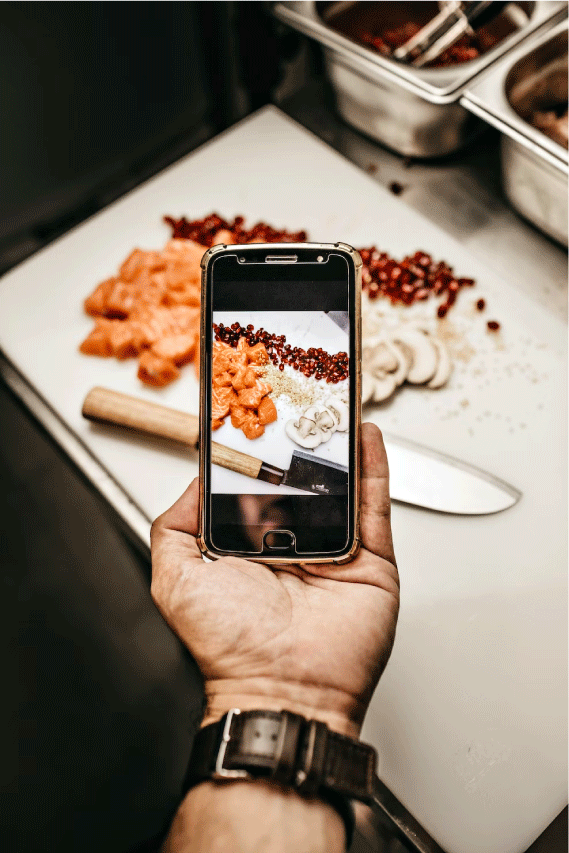BLOG
It’s Personal
One man’s broccoli may not be another man’s broccoli, because all superfoods aren’t superfoods to us all.
If you follow health trends, it’s difficult not to notice the word “superfood” used frequently. From quinoa, broccoli, spinach, and blueberries, it’s hard to imagine that there’s enough to go around.
These foods are rich in antioxidants, vitamins, and minerals- and often powerful natural anti-inflammatories. But one of the most common mistakes we make is assuming one superfood is a superfood for all; frankly, our gut microbiome has its own opinion.
Our gut microbes wear a lot of different hats when it comes to keeping their ecosystem stable. Yourgut microbes have adjusted entirely to a particular lifestyle based on your typical dietary habits. As a result, your microbes’ diversity, balance, and activity rely heavily on the foods you consume, and they differ even more from one person to the next.
So although many of those superfoods contain healthy nutrients, they may also have metabolites– or digestible components– that promote harmful microbial activity based on the current state of your gut microbiome. In short, pay attention to your body after consuming certain foods. For example, I love pizza, beer, and pasta like everyone else but realized that I was constantly bloated and experienced discomfort after eating and drinking those foods. Over time, I decided to overhaul my diet while also discovering that I was gluten intolerant, so bye, bye, beer, pizza, & pasta, each containing wheat. In the end, one man’s broccoli may not be another man’s broccoli, or in my case, another man’s margarita pizza.

Miami Ageism Diversity, Equity & Inclusion Brand Strategy Series Launched
𝙈𝙖𝙣𝙙𝙚𝙧𝙨𝙤𝙣 𝙋𝙍, 𝙖 𝙢𝙖𝙧𝙠𝙚𝙩𝙞𝙣𝙜 𝙖𝙣𝙙 𝙘𝙤𝙢𝙢𝙪𝙣𝙞𝙘𝙖𝙩𝙞𝙤𝙣𝙨 𝙛𝙞𝙧𝙢 𝙝𝙚𝙖𝙙𝙦𝙪𝙖𝙧𝙩𝙚𝙧𝙚𝙙 𝙞𝙣 𝙈𝙞𝙖𝙢𝙞 (347-907-9291), 𝙞𝙨 𝙖𝙣𝙣𝙤𝙪𝙣𝙘𝙞𝙣𝙜 𝙩𝙝𝙚 𝙡𝙖𝙪𝙣𝙘𝙝 𝙤𝙛 𝙖 2023 𝙩𝙤𝙬𝙣 𝙝𝙖𝙡𝙡 𝙨𝙚𝙧𝙞𝙚𝙨 𝙘𝙖𝙡𝙡𝙚𝙙...
Exposition, rising action, climax, falling action, outcome.
Shakespeare mastered this structure, arranging his plays in 𝗙𝗶𝘃𝗲 acts. But I'm here to tell you that you don't have to be Shakespeare to be a great...
Loneliness Is A Killer
As much as we focus on food and fitness as the "physical" arbiters of health and longevity, there appears to be much more. Lisa Berkman, director of...



